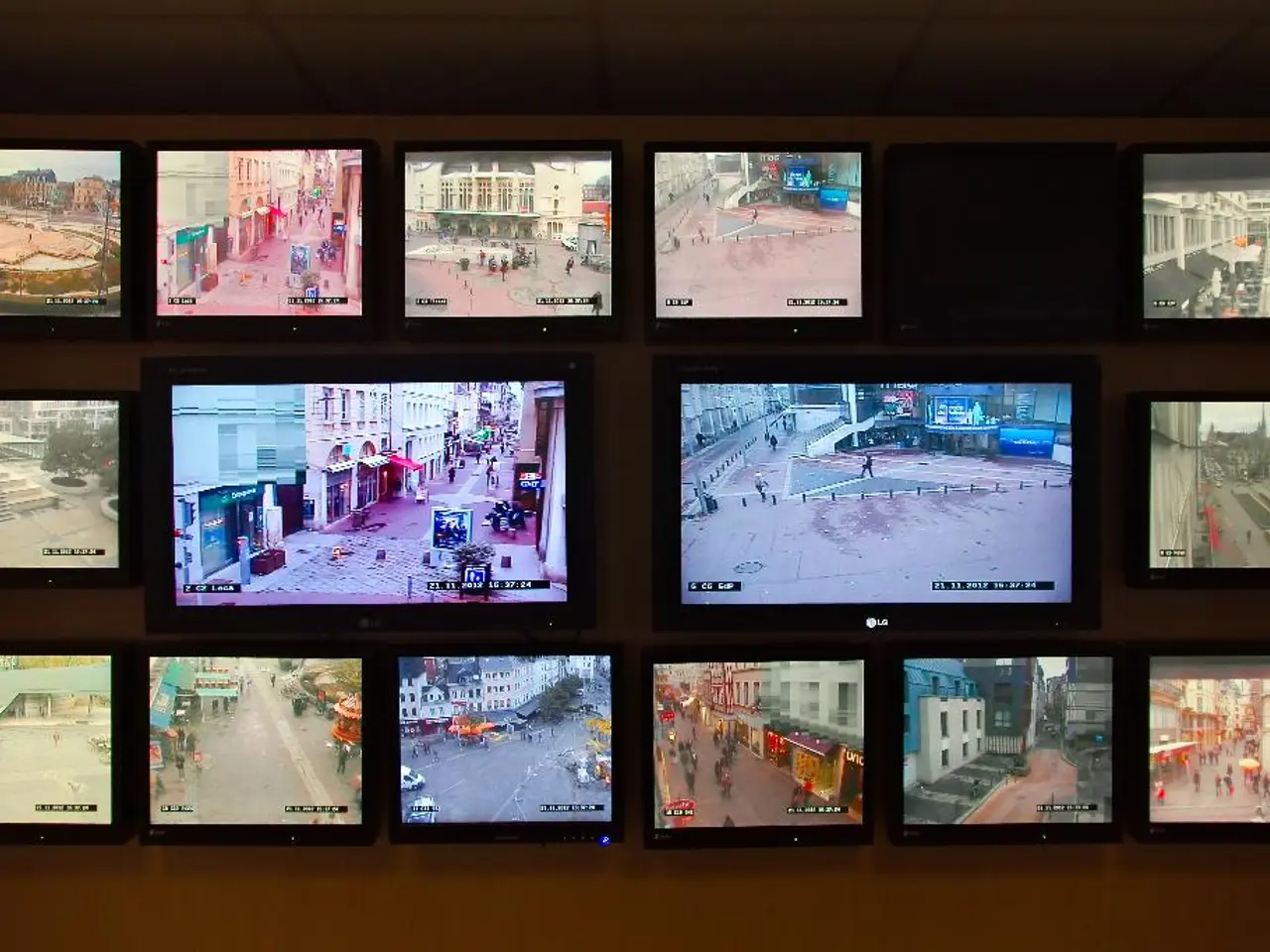Evolution in African Television Broadcasting
In a significant move that reshapes the African pay-TV and streaming market, MultiChoice, South Africa's leading pay-TV provider, has agreed to sell its operations to the French media conglomerate Canal+ for $2 billion. The transaction, approved by South Africa's Competition Tribunal in July 2025, marks a consolidation in the industry [1][5].
The sale is not a straightforward transfer; a new company, LicenceCo, will hold all the local broadcasting licences and customer contracts previously owned by MultiChoice. LicenceCo is structured to be majority-owned (more than 50%) by Historically Disadvantaged Persons (HDPs) and workers, in line with South African regulations that limit foreign ownership of local broadcasters to no more than 20% voting rights [5].
Canal+ has committed to invest $1.4 billion over three years, focusing on expanding local content production, skills development, and corporate social responsibility (CSR) initiatives. This move aims to promote growth within the local audiovisual sector and nurture African talent [1][5].
To protect public interest and maintain market stability, no retrenchments of employees related to the acquisition are allowed for three years [1]. Increased HDP participation and economic empowerment in the sector must be demonstrated, and licensing integrity and service quality must be preserved post-merger to promote healthy competition in the pay-TV market [5].
With this acquisition, Canal+ gains access to MultiChoice’s substantial subscriber base of 19.3 million across 50 African countries, along with key infrastructure and streaming platform Showmax [1][3]. This combination can reshape African media by leveraging Canal+’s resources and MultiChoice’s reach, potentially enhancing content offerings and competing with global giants like Netflix and Amazon Prime [3].
Meanwhile, in the world of ride-sharing, Uber generated $4.2 billion in revenue during the last quarter, reflecting the growing influence of the gig economy [2]. As companies like Uber adapt to consumer control, they are being forced to be faster, sharper, and more user-centered [6].
In other news, Starlink, Elon Musk's satellite internet service, has announced a new plan aimed at making rural internet more affordable for underserved communities [4]. WhatsApp, on the other hand, has implemented a new security update to combat scams [7].
References:
- Business Insider South Africa
- Uber Financial Reports
- Bloomberg
- Starlink Press Release
- South African Communications Regulator (ICASA)
- The Verge
- WhatsApp Security Updates
Read also:
- Exploring Money-Making Opportunities in Digital Gaming Worlds
- Chemical company, Chemours, instructed to promptly reduce PFAS discharge into the Ohio River
- Controversy erupts over proposal for electric vehicle users to pay road tolls
- Altering the Current for Chaos: Deciding Fate of Earth's Magnetic Force and Its Impact on World Climate




